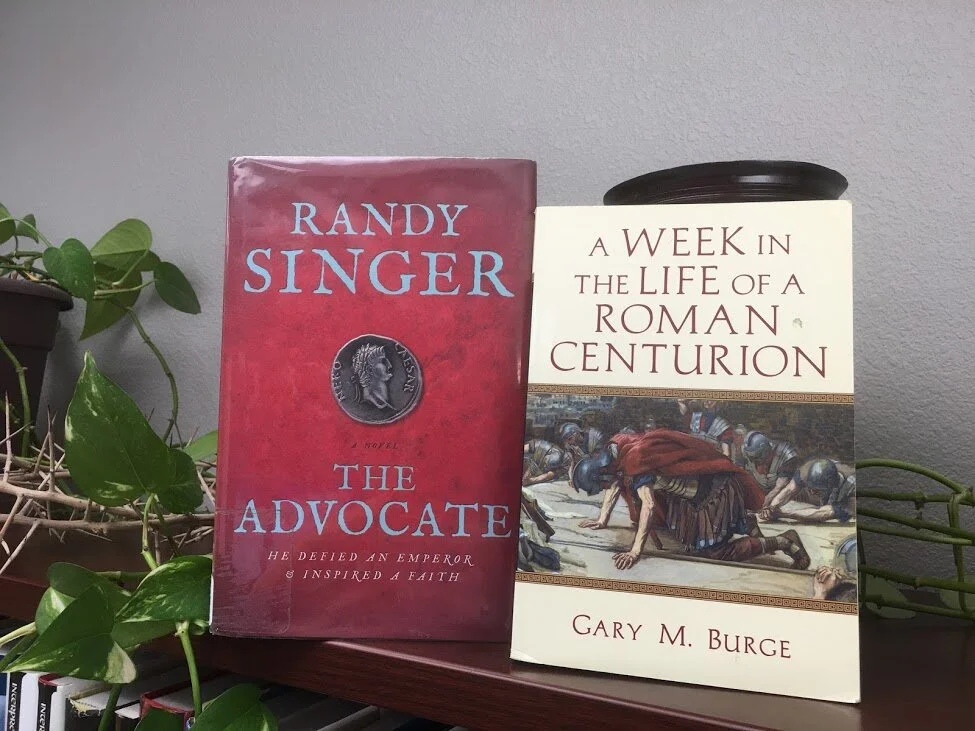Do your kids like each other? Nothing like COVID-19 to test those limits, right?
Every parent wants their children to be friends. One of the best gifts of my childhood was my friendship with my sister. The gift of a playmate, of someone to walk through life’s ups and downs with you, is incalculable.
Over time I’ve realized that the gift of my friendship with my sister, Sarah, has paid enormous dividends in my life. It was that friendship that taught me how to navigate conflict, how to apologize and reconcile, how to comfort, and how to navigate long-distance friendship, and through changes and stresses in life. It’s not that I’ve navigated any of those things particularly well (in fact, even in the past year I can point to ways I’ve navigated several of those things particularly poorly!), but my relationship with Sarah has always been a touchstone of learning and growth.
Looking back on my friendship with Sarah, I realize that is where I learned to be a husband as well. Whatever ways I’ve been a good husband can be attributed to a foundation of friendship with my sister.
But how do you raise children who are friends? Many parents are exasperated by the constant bickering, the endless disputes and competition between siblings.
I thought it would be beneficial to get my kids’ perspective on it: a view from the trenches, as it were.














